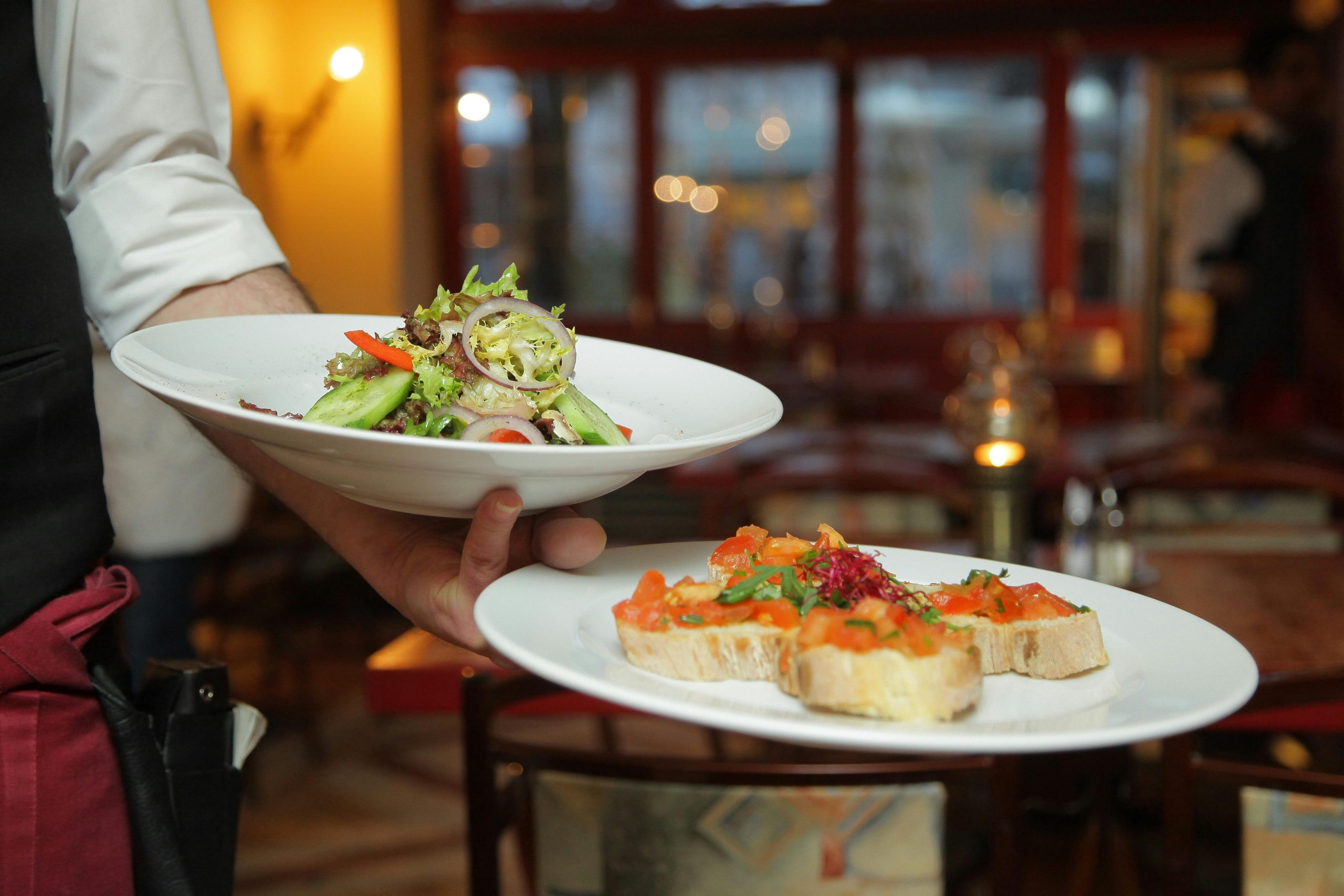The restaurant industry has always been a dynamic and competitive space. While the basics of good food and excellent service remain key, the advent of online reviews has shifted the game. Customers now rely on platforms like Yelp, Google Reviews, and TripAdvisor to make dining decisions, often giving these reviews more weight than traditional advertising or even personal recommendations.
This growing trend isn’t just reshaping customer behavior; it’s also influencing restaurant operations, marketing strategies, and profitability. Let’s explore the profound impact of online reviews on the restaurant industry and how savvy business owners can leverage this digital trend to thrive.
Why Online Reviews Matter for Restaurants
In the digital age, online reviews have become the modern equivalent of word-of-mouth advertising. According to a survey by BrightLocal, 77% of diners read online reviews before choosing a restaurant, and 56% of people only choose restaurants with a 4-star rating or higher. Here’s why online reviews are so influential:
1. Customer Trust and Credibility
Online reviews create trust. A well-reviewed restaurant appears credible, while negative reviews can deter potential customers. For many diners, seeing a 4.5-star rating signals consistent quality and reliability.
Affiliate Offer: Boost your restaurant’s credibility with Trustpilot’s Business Solutions. Their tools help collect and showcase authentic customer reviews to build trust online.
2. SEO and Local Search Ranking
Search engines prioritize businesses with frequent and positive reviews. Restaurants with many high-quality reviews are more likely to appear in local search results, driving organic traffic. For example, “best sushi restaurant near me” will show establishments with better ratings higher on the page.
Affiliate Offer: Get professional SEO support with Semrush, a leading tool to optimize your local restaurant’s online presence.
3. Customer Decision-Making
Reviews provide insights into food quality, service, ambiance, and price. Many diners even compare reviews across multiple platforms before deciding where to eat. Restaurants with detailed, positive reviews gain a competitive edge.
Pro Tip: Encourage satisfied customers to leave detailed reviews by offering small incentives like a discount on their next visit.
The Flip Side: Challenges of Online Reviews
While online reviews can be a boon, they also come with challenges. Here are some pitfalls and how to overcome them:
1. Negative Reviews
Even the best restaurants face the occasional negative review. When handled poorly, these reviews can damage your reputation.
Solution:
- Respond promptly and professionally. Address customer concerns without being defensive.
- Use tools like BirdEye to manage online reviews, monitor mentions, and resolve complaints quickly.
2. Fake Reviews
Competitors or disgruntled individuals might post fake negative reviews. These can skew perceptions and lower your ratings.
Solution:
Platforms like Yelp and Google allow you to report fake reviews. Additionally, services like Reputation.com can help protect your brand from malicious attacks.
3. Over-reliance on Reviews
While reviews are crucial, relying solely on them without improving food, service, or ambiance is a mistake. Use feedback constructively to enhance your offerings.
Leveraging Online Reviews to Grow Your Restaurant Business
Rather than fearing the power of online reviews, embrace them as a strategic tool. Here’s how to make the most of this phenomenon:
1. Encourage Positive Reviews
Satisfied customers often need a nudge to leave a review. Train your staff to mention it subtly, or include a call-to-action on receipts and table tents.
Tools to Use:
- Podium: Simplifies the process of collecting reviews via text messages.
- GatherUp: Helps automate review requests from customers.
2. Create a Memorable Customer Experience
The best way to earn rave reviews is by delighting your customers. Focus on:
- Personalized service: Remembering repeat customers or their preferences.
- Innovative offerings: Unique dishes or themed nights that stand out.
Affiliate Offer: Use Square POS to streamline your restaurant operations and improve the customer experience.
3. Monitor and Respond to Reviews
Being active on review platforms shows customers you care about their feedback. Thank those who leave positive reviews and address negative ones with a resolution mindset.
Affiliate Offer: Streamline review monitoring with Hootsuite, a tool that tracks mentions and reviews across multiple platforms.
4. Highlight Reviews in Your Marketing
Leverage glowing reviews in your social media campaigns, website, and email newsletters. Positive testimonials act as powerful social proof.
Case Study: How Online Reviews Transformed a Local Eatery
Consider the case of “Mama’s Italian Bistro,” a small family-owned restaurant in Portland. Initially, the restaurant relied solely on traditional advertising. However, after actively encouraging reviews on Yelp and Google, the business saw a 35% increase in foot traffic within six months.
What did they do?
- Personalized customer interactions: Waiters subtly reminded happy diners to leave reviews.
- Social media integration: They posted screenshots of 5-star reviews on Instagram and Facebook.
- Discount offers: Customers who left reviews received a 10% discount on their next visit.
These simple strategies turned Mama’s Italian Bistro into one of the top-rated Italian restaurants in their area.
Tools They Used:
- Canva Pro for designing engaging review posts.
- Sprout Social to schedule and manage their social media content.
The Future of Online Reviews in the Restaurant Industry
As technology evolves, so will the impact of online reviews. Here are some trends to watch:
1. Video Reviews
Platforms like TikTok and Instagram are giving rise to video reviews, where customers share dining experiences visually. Restaurants should consider how their dishes and ambiance look on camera.
2. AI and Automation
AI-powered tools like ChatGPT are being used to analyze review trends, predict customer behavior, and even generate personalized responses to reviews.
Affiliate Offer: Use Grammarly to craft professional and grammatically accurate responses to online reviews.
3. Integration with Augmented Reality (AR)
Imagine viewing reviews in AR while walking past a restaurant. Future technologies may allow reviews to appear as floating ratings above establishments when viewed through a smartphone.
Conclusion
Online reviews are no longer optional in the restaurant industry—they’re essential. By proactively managing reviews, leveraging positive feedback, and using innovative tools, restaurants can turn online reviews into a powerful marketing and growth asset.
Are you ready to embrace the power of online reviews? Start by investing in tools that simplify the review process, improve customer engagement, and monitor your digital reputation.
Bonus Tip:
Ready to improve your restaurant’s digital marketing strategy? Check out ClickFunnels to create stunning landing pages and convert review readers into loyal customers.
Disclosure: This article contains affiliate links, meaning I may earn a small commission at no cost to you if you choose to purchase through the links. Thank you for supporting small businesses!



